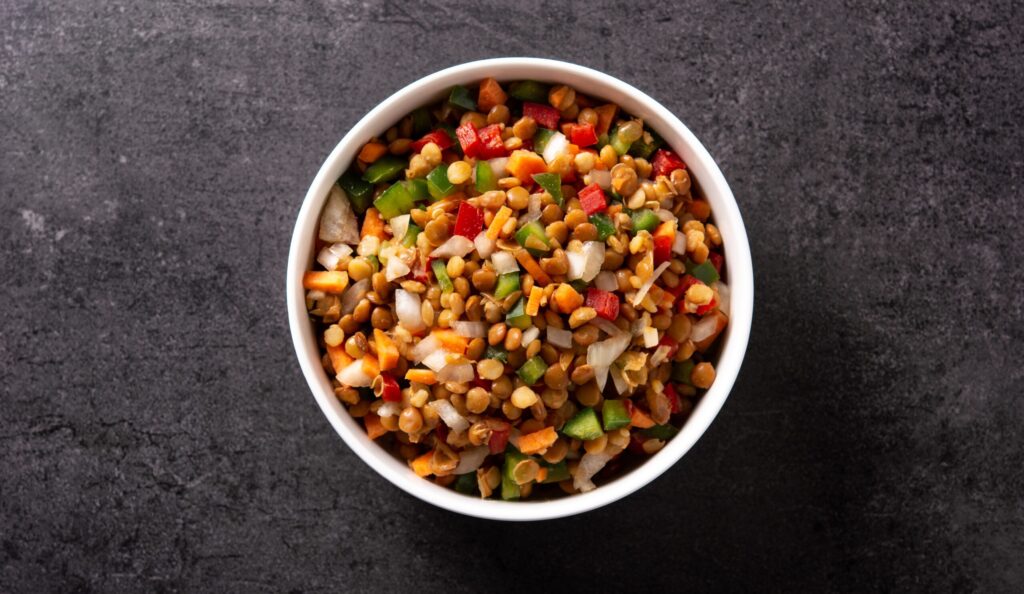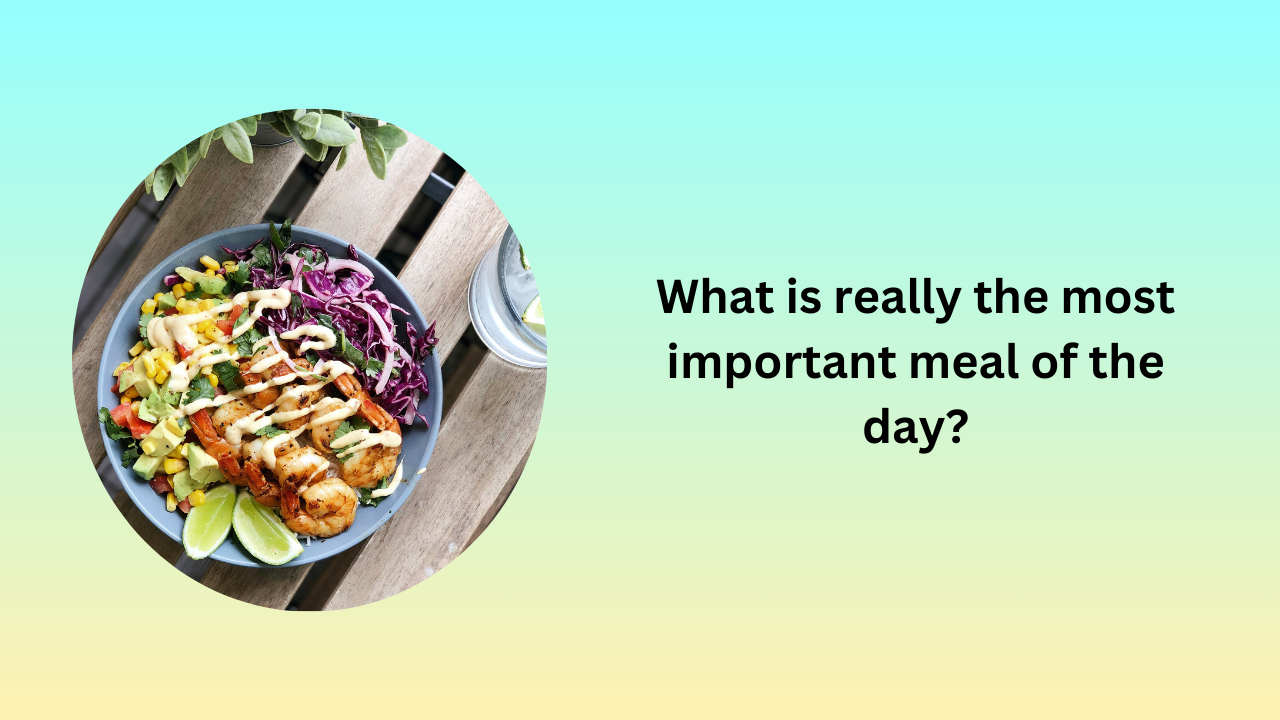We’ve often heard that breakfast is the Important Meal of the Day, but is it? With changing lifestyles and new research, the importance of meals can vary for everyone. This article explores which meal truly deserves the title and why.
The Historical Perspective of Breakfast
Eating breakfast dates back centuries, evolving alongside our ever-changing lifestyle and dietary habits.
Cultural Variations
Different cultures have their unique breakfast staples:
- In the United States, pancakes, bacon, and eggs often dominate breakfast tables.
- Rice, miso soup, and grilled fish are some of the traditional breakfast items in Japan.
- In France, people often enjoy a simple croissant with coffee.
This contrast underscores how breakfast is not just a meal; it reflects cultural values and social norms, making it integral to human connections.
Evolution of Breakfast Traditions
As societies evolved, so did breakfast traditions. In the past, breakfast was a hearty meal to fortify laborers for long workdays. Today, it varies widely from quick grains to lavish brunches, revealing a shift in our lifestyles and food consumption choices.
The Nutritional Importance of Breakfast

Breakfast is key in fueling our day, but what does science say about its nutritional benefits?
Metabolism and Energy
- Kickstarting Metabolism: Eating breakfast can help jumpstart your metabolism, setting a positive tone for calorie burn throughout the day.
- Sustained Energy Levels: A well-balanced breakfast with protein, healthy fats, and carbohydrates can provide sustained energy levels, preventing the mid-morning slump.
“According to research, people who skip breakfast often feel more hungry and cravings later in the day.”
Concentration and Cognitive Function
For students and professionals alike, breakfast has been linked to improved concentration and cognitive performance.
- Studies show that students who eat breakfast tend to perform better academically, as they are more alert and capable of retaining information.
- Work Performance: Adults who start their day with a nutritious meal have demonstrated higher productivity and enhanced memory function.
Breakfast and Weight Management

Does eating breakfast help with weight control? The answer may not be straightforward.
The Yo-Yo Effect
Some studies have indicated that skipping breakfast can lead to overeating later in the day, potentially leading to weight gain. Here are some insights:
- Hunger Levels: When you skip breakfast, you might experience increased hunger and cravings, leading some people to indulge in unhealthy snacks.
- Nutrient Consumption: Skipping breakfast could lead to missed intake of vital nutrients, as breakfast foods often provide essential vitamins and minerals.
Individualized Nutrition
However, it’s essential to recognize the role of individual differences:
- Not One-Size-Fits-All: For some, intermittent fasting or skipping breakfast may align better with their lifestyle and lead to positive health outcomes.
- Listen to Your Body: It’s crucial to pay attention to personal hunger cues and overall well-being rather than adhering strictly to societal norms.
Rethinking the Breakfast Debate

As our understanding of nutrition evolves, we might need to take a fresh look at the “most important meal” concept.
Quality Over Timing
Eating isn’t just about what you eat, it’s also about when and how you eat it.
- Whole Foods: Focusing on whole, minimally processed foods can yield greater health benefits, regardless of the meal’s timing.
- Mindful Eating: Engaging in the practice of mindful eating—being present and savoring your food—might be more beneficial than merely categorizing meals as “breakfast.”
Emphasizing Personal Choice
In the grand scheme of nutrition, personal choices matter vastly:
- Individual Preferences: Some people feel their best after a hearty breakfast, while others may thrive with a later meal.
- Adaptation: Adapting your mealtime based on your activities, schedule, and preferences could be a key factor in your overall health and well-being.
Conclusion
In your opinion, is breakfast the most crucial meal of the day? The answer isn’t black and white. It varies based on individual lifestyle, nutritional needs, and personal preferences. The traditional view of breakfast being paramount is slowly evolving into a more nuanced understanding that values quality and individual choices over rigid dieting rules.
Take a moment to reflect on your breakfast habits. Are they well-rounded, satisfying, and in line with your lifestyle? Perhaps the ultimate takeaway is to prioritize nourishment and enjoy your meals, regardless of the time.
If you want to delve deeper into this topic, consider exploring nutrition science articles that focus on personalized dietary approaches at Nutrition.gov or browsing academic studies that highlight the latest findings on breakfast and health. Happy eating!


